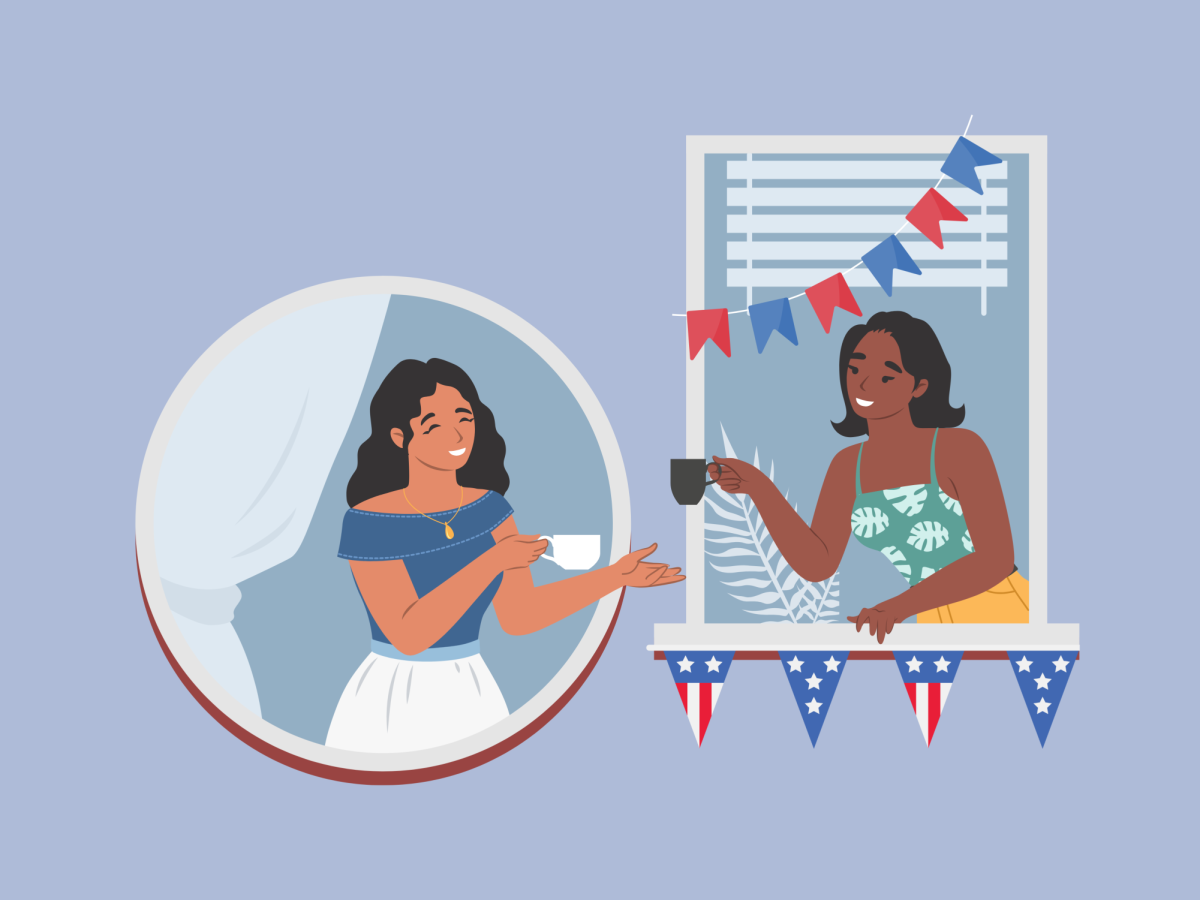Political scientists Johanna Dunaway and Doris Graber argue in their book, “Mass Media and American Politics,” that on the national scale, uneven media distribution is abundant when it comes to state and local politics. Because national politics dominate the media agenda, the majority of Americans do not receive as much information about policies occurring in their home state and even their hometown.
This imbalance and deficiency of content limits political discourse, even in local television news, which devotes much attention to crime, disaster, weather and sports coverage. As a result, the public is not provided with deep analytical information regarding state and local political institutions in order to make informed decisions on voting.
For instance, when it comes to state and local elections, there is traditionally less information and media coverage provided to the public concerning the qualifications of candidates. This is significant given that these candidates, once elected, have a much more direct impact on people’s everyday lives than federal officials do.
Additionally, due to the decline in news reporters at the state and local levels, media correspondents don’t have the time or the resources for in-depth coverage of state and local politicians. Dunaway and Graber cite media research demonstrating that political candidates who receive more media attention tend to perform well in the polls. However, these candidates also predictably prefer positive or uncritical coverage of their candidacies, and many actively avoid media coverage in an attempt to evade scrutiny.
These “smaller-scale” politicians should acknowledge the vital role of the media in upholding democracy — even if they don’t agree with how they are covered. Media hold those in power accountable and fulfill the role of the “watchdog” over government and powerful entities in society.
This avoidance of scrutiny is arguably anti-democratic on a fundamental level, and leads to a lack of voter awareness, antithetical to the duty of politicians to serve and inform voters. While state and local politicians shouldn’t be expected to collaborate with the media or even regularly entertain them, it’s wrong to capitalize on this lack of coverage for personal gain.


















































